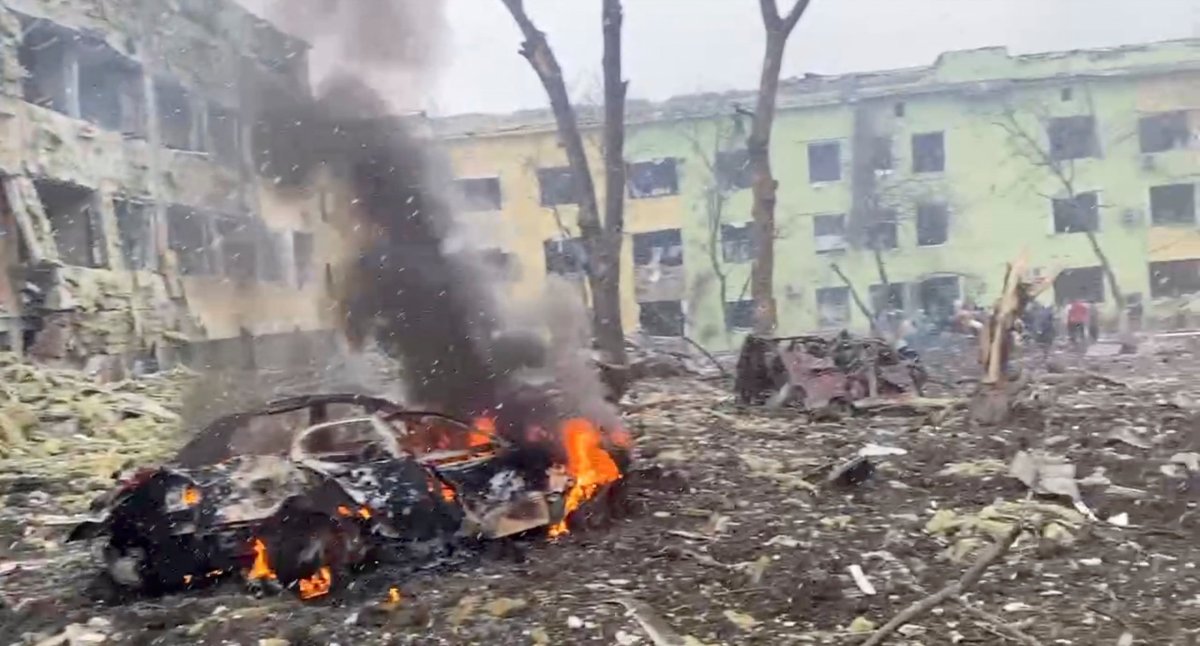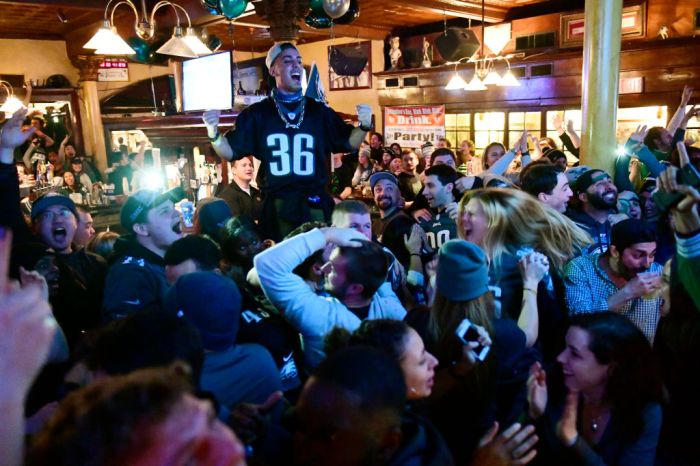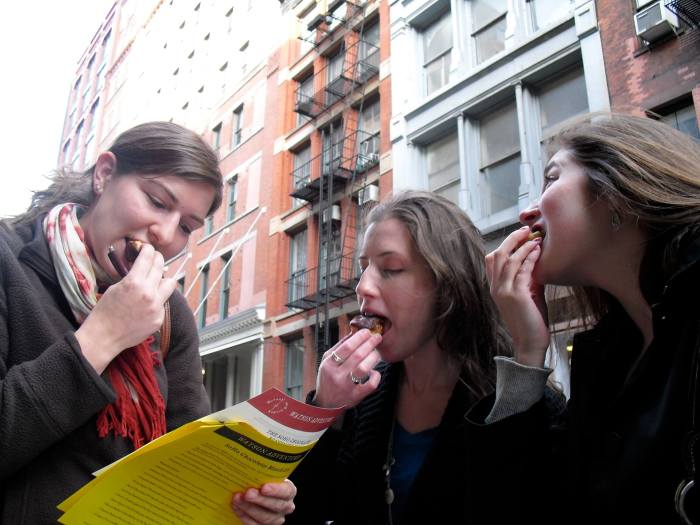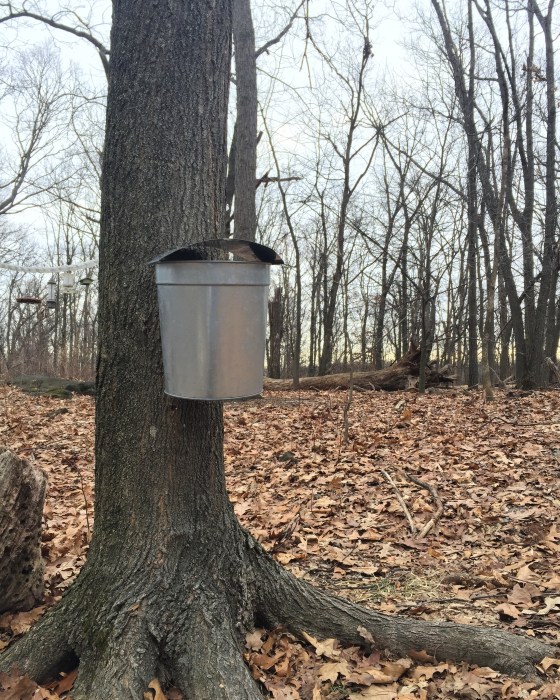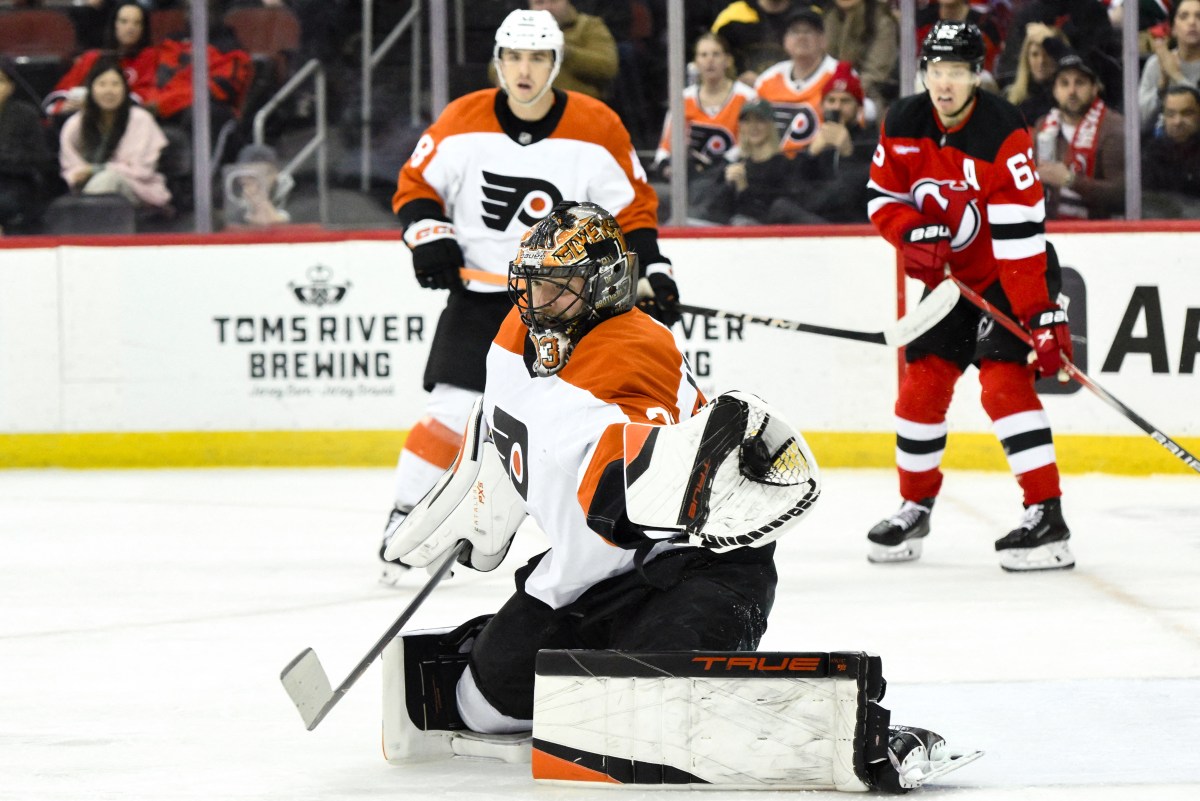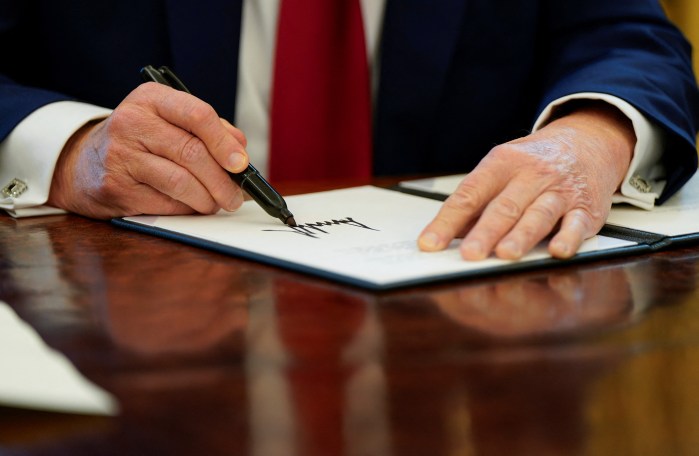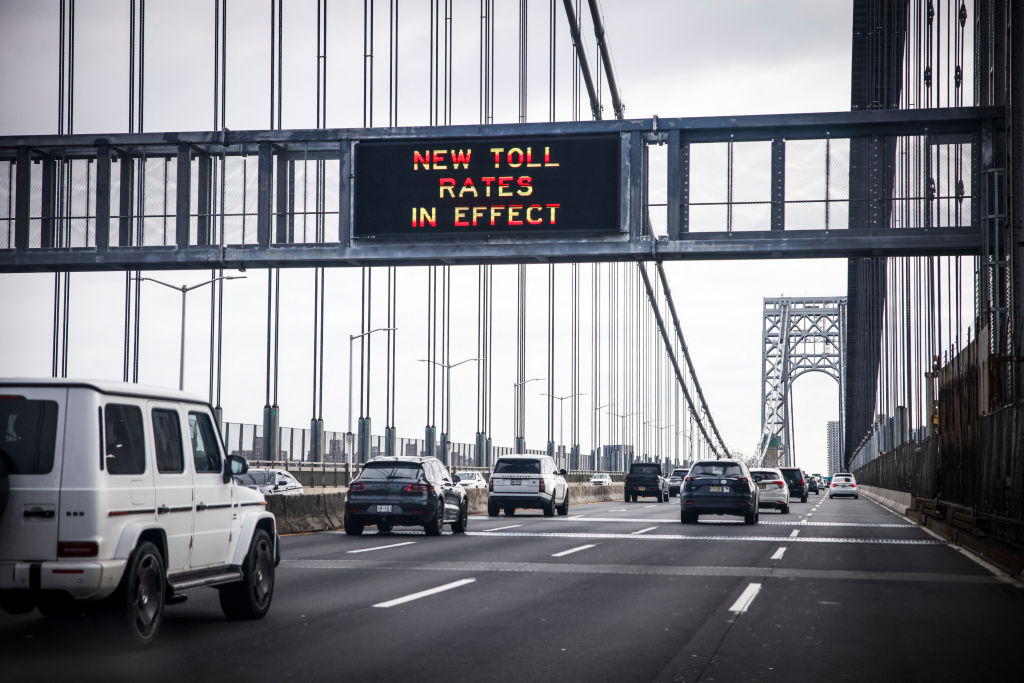By Natalia Zinets
The United States on Wednesday condemned the bombing of a children’s hospital in Ukraine, where officials said a Russian air strike buried patients under rubble despite a ceasefire agreement to allow people out of the besieged city of Mariupol.
The attack, which authorities said injured women in labor and left children in the wreckage, is the latest grim incident of the 14-day invasion, the biggest assault on a European state since 1945.
The destruction took place despite a Russian pledge to halt firing so at least some trapped civilians could escape the city, where hundreds of thousands have been sheltering without water or power for more than a week.
Kremlin spokesman Dmitry Peskov, asked by Reuters for comment, said: “Russian forces do not fire on civilian targets.” Russia calls its incursion a “special operation” to disarm its neighbor and dislodge leaders it calls “neo-Nazis.”
Ukraine’s foreign ministry posted video footage of what it said was the hospital showing holes where windows should have been in a three-story building. Huge piles of smouldering rubble littered the scene.
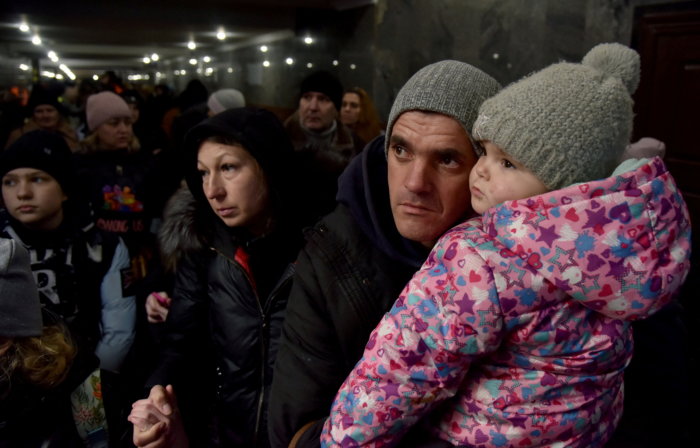
“It is horrifying to see the type of the barbaric use of military force to go after innocent civilians in a sovereign country,” White House press secretary Jen Psaki said.
The U.N. Human Rights body said its monitoring mission was verifying the number of casualties.
“The incident adds to our deep concerns about indiscriminate use of weapons in populated areas and civilians trapped in active hostilities in numerous areas,” said spokesperson Liz Throssell.
The Donetsk region’s governor said 17 people were wounded in the incident. The city council said the hospital had been hit several times by an air strike, causing “colossal” destruction.
Ukraine accused Russia of breaking the ceasefire around the southern port.
“Indiscriminate shelling continues,” Foreign Minister Dmytro Kuleba wrote on Twitter.
Ukraine said 67 children had been killed across the country since the invasion and at least 1,170 civilians had died in Mariupol. It was not possible to verify the figures.
Satellite image company Maxar said images from earlier in the day showed extensive damage to homes, apartment buildings, grocery stores and shopping centers in Mariupol.
Russia’s defense ministry blamed Ukraine for the failure of the evacuation.
A senior U.S. defense official said there were indications Russia’s military was using bombs that were not precision-guided.
Local officials said some civilians had left several Ukrainian cities through safe corridors, including out of Sumy in the east and Enerhodar in the south, but that Russian forces were preventing buses from evacuating civilians from Bucha, a town outside the capital Kyiv.
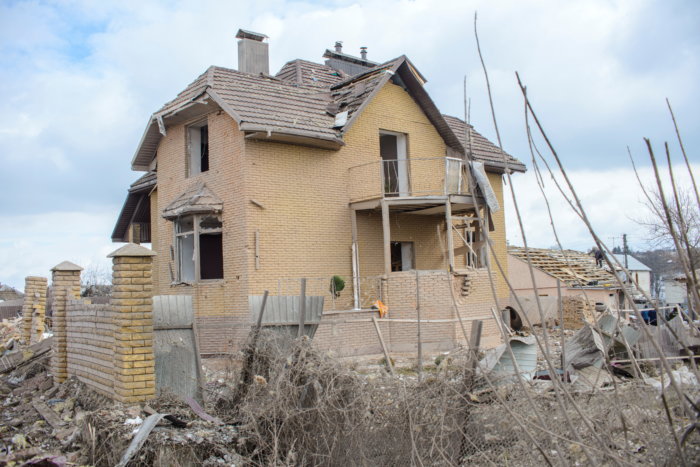
HUDDLED UNDERGROUND
Diplomatic efforts continued but without much hope.
Russia’s Foreign Minister Sergei Lavrov arrived in Turkey ahead of planned talks on Thursday with Kuleba in what will be the first meeting between the pair since the incursion.
Ukraine wants a ceasefire, liberation of its territories and to resolve all humanitarian issues, Kuleba said, adding: “Frankly…my expectations of the talks are low.”
Moscow wants its demands, including that Kyiv takes a neutral position and drops aspirations of joining the NATO alliance, to be met for it to end its assault.
The U.N.’s nuclear watchdog chief is also flying to Turkey, strongly suggesting he would discuss nuclear safety with Lavrov and Kuleba.
Kyiv and its Western allies say Russia is inventing pretexts to justify an unprovoked war. Russian President Vladimir Putin has called Ukraine a U.S. colony with a puppet regime and no tradition of independent statehood.
The humanitarian toll, including more than 2 million refugees from Ukraine, and damage to property continued to grow on Wednesday since the invasion began on Feb 24.
The International Committee of the Red Cross (ICRC) said houses had been reduced to rubble all across Ukraine. “Hundreds of thousands of people have no food, no water, no heat, no electricity and no medical care.”
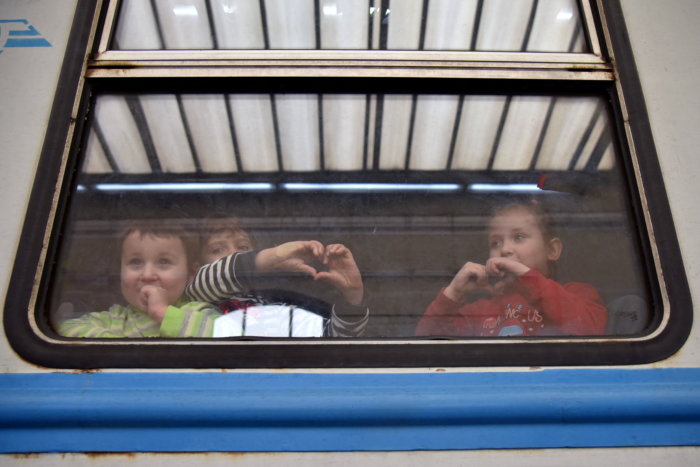
Russian forces hold territory along Ukraine’s northeast border, the east and the southeast. Fighting has taken place in the outskirts of Kyiv, while Ukraine’s second city Kharkiv is under bombardment.
A Russian assault force is stalled north of Kyiv and Western countries say the Kremlin has had to adjust its plan to swiftly topple the government in the face of fierce resistance.
Thousands continued to flood into neighboring countries. After hiding in the basement to shelter from Russian bombing, Irina Mihalenka left her home northeast of the Black Sea port of Odessa, she told Reuters in Isaccea, Romania.
“When we were walking, a bridge was blown up. And when we crossed over the wreckage, because there was no other way out, there were corpses of Russian people (soldiers) lying there,” she said.
CHERNOBYL
Ukraine’s nuclear power plant operator expressed concern for safety at Chernobyl, mothballed site of the world’s worst nuclear disaster in 1986, where it said a power cut caused by fighting meant spent nuclear fuel could not be cooled. Russia’s defense ministry blamed Ukraine for the power cut.
Kuleba said reserve diesel generators had a 48-hour capacity. “After that, cooling systems of the storage facility for spent nuclear fuel will stop, making radiation leaks imminent,” he said.
The International Atomic Energy Agency said the heat generated by the spent fuel and the volume of cooling water were such that it was “sufficient for effective heat removal without need for electrical supply”.
A nuclear expert with knowledge of the plant’s system said a key question would be how rapidly power can be restored.
“The power cut could lead to water in the storage facility evaporating and exposure of spent fuel rods,” said the expert, who declined to be identified. “They could eventually melt and that could lead to significant radiation releases.”
The U.N. nuclear watchdog’s systems monitoring nuclear material at the Zaporizhzhia nuclear power plant have stopped transmitting data to its headquarters a day after it reported the same interruption at Chernobyl.
The war has brought a raft of sanctions on Russia, isolating its economy. The World Bank’s chief economist told Reuters that Moscow was edging close to defaulting on its debt.
Putin’s government took more measures to shore up the economy and said it would respond to a U.S. ban on its oil and energy exports as the rouble dropped to record lows.
Ukraine and Russia are huge exporters of food and metals, accounting for nearly a third of the global grain trade. Prices of food staples have soared worldwide.
Ukraine said on Wednesday it was halting key agricultural exports for the rest of the year. Russia too said it needed to maintain domestic supplies of grain.
Reuters



